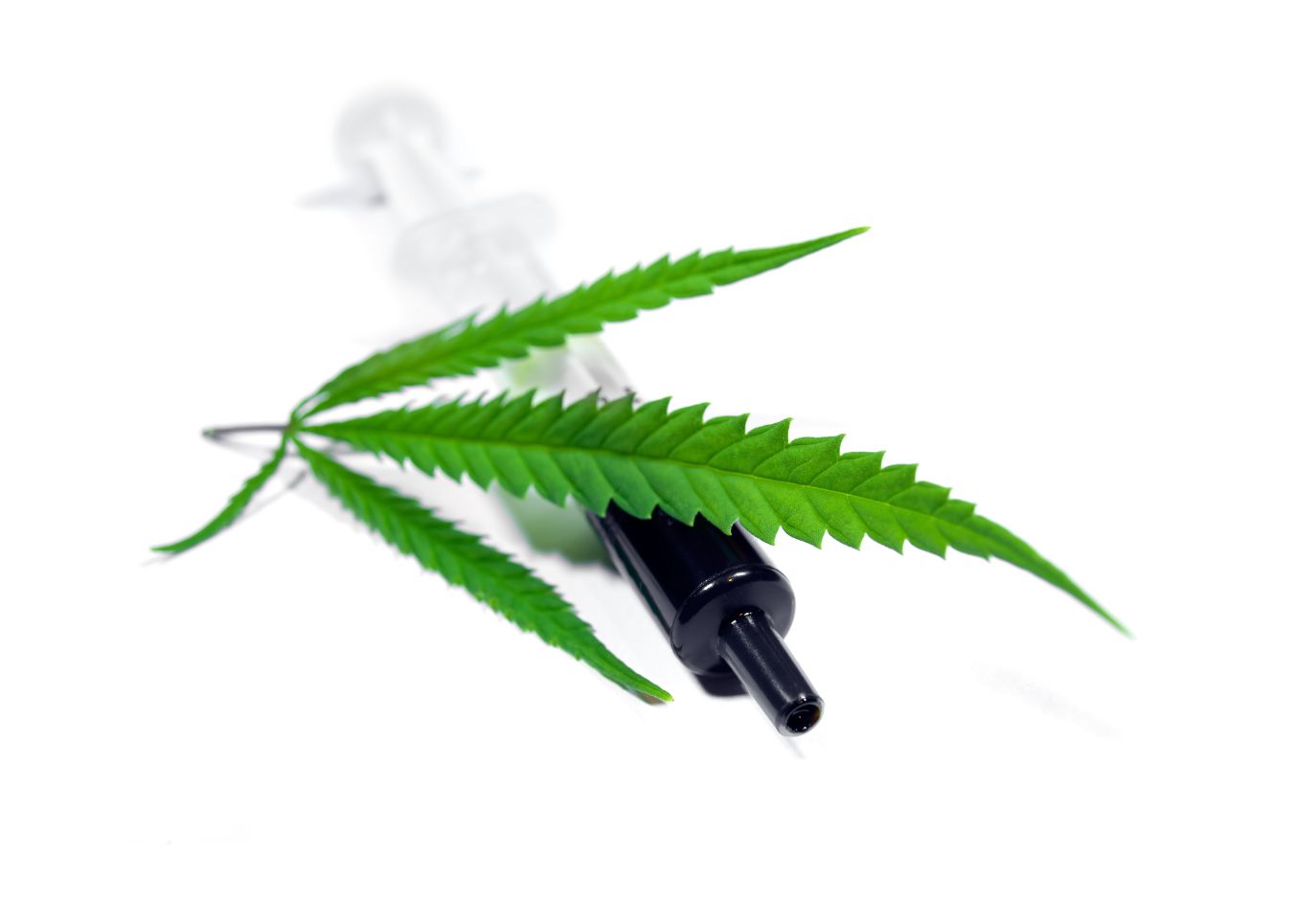What is RSO/FECO Oil
All Blog PostsRSO (Rick Simpson Oil), sometimes referred to as FECO (Full extract cannabis oil), are terms used to describe a concentrated and potent form of cannabis oil. These oils are thick, usually dark and tar-like in consistency. They are produced through an extraction process that usually requires a solvent (such as ethanol or butane), although they can be made with CO2, which is solventless. RSO has garnered attention among medical cannabis users for its purported therapeutic benefits, particularly for cancer. Anecdotal evidence suggests it may be quite effective, but scientific research supporting these claims is scarce due to the difficulty with researching THC, a federally illegal Schedule 1 compound.
Rick Simpson, a Canadian engineer who was diagnosed with a basal cell carcinoma in 2003, claimed to have cured himself by applying a homemade cannabis extract directly on the cancer. He shared his experiences through a documentary and book, creating quite a stir. He began helping others with his "RSO '' however this activity was not popular with the Canadian government, who ordered him to stop.
RSO must be respected for its high milligram potency. Before delving into the details, it is important to be able to compare potencies of different products, therefore many cannabis clinicians use "X mg per 1 ml" to recommend accurate dosing. For example, a typical low potency THC tincture will have 10 - 25 mg THC per 1 ml. Medium potency tinctures may have 50 - 100 mg THC per 1 ml. Often RSO extracts are 500-900 mg THC per 1 ml (also expressed as 50% - 90% THC) making them quite potent and difficult to measure for low dosing. RSO oils are known for being THC-dominant, but the term RSO is also being used to indicate high potency CBD-dominant, CBG dominant, or combination THC+CBD dominant products. Some people dilute RSO to make it less potent and more easily measurable.
In real-world use, RSO products are mostly used by people with high tolerance to THC due to their high potency. Those who are cannabis-naive can have pronounced and prolonged impairment if they use RSO and may develop nausea, dizziness, excessive sleepiness, or often anxiety and paranoia that may cause them to seek emergency services. Too much THC can be quite an unpleasant experience, hence the recommendation when initiating THC, to "start low and go slow." Although not dangerous, RSO is not suggested for those who do not have high THC tolerance.
Although there are test-tube and animal studies documenting cannabinoids have numerous mechanisms of action promoting the death of cancer cells, as well as antimetastatic and antiangiogenic effects, and also may enhance certain chemotherapy agents and radiation, we only have a few human studies on cannabinoids and cancer (which did not use RSO products). These trials are promising in that cannabinoids were found to be safe and appeared to have some benefits, however without more research, we have many questions, including what dosing, which cannabinoid and terpene profiles might be specific for certain cancers, how long should treatment continue, etc.

